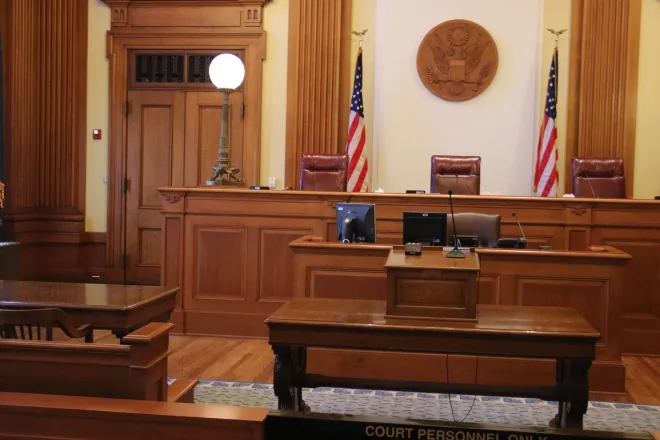
State audit: Colorado regulatory agency lacks 'efficient processes' to regulate monthly sports betting filings
(The Center Square) – Colorado’s Division of Gaming lacks “efficient processes” to appropriately oversee the state’s monthly sports betting tax filing system, according to a recent audit from the Colorado Office of the State Auditor (OSA).
Overall, the audit found inconsistencies in the agency’s licensing requirements, variances in the monthly sports betting filings, and a potential policy pitfall concerning the use of “free bets” which could be used to manipulate a casino’s taxable proceeds.
Colorado legalized sports betting after voters passed Proposition DD in 2019, which levied a 10% tax on sports betting operations. Since then, more than $6.9 billion has been wagered on sports bets in the state, according to PlayColorado.com, an industry website.
$2.3 billion in wagers have been placed in the state.
The Division of Gaming’s licensing criteria was one subject that raised eyebrows inside the OSA. The audit found that 35 of the state’s 39 licensed sports betting operators held temporary licenses as of March 2022. This license type requires operators to undergo a more limited background check despite receiving the same privileges as a permanent license holder.
However, the state failed to complete the minimum background checks for five temporary licensed operators, according to the audit. The Division of Gaming also failed to complete the required criminal history checks for three operators and failed to carry out a financial feasibility analysis for another three approved casinos.
“Incomplete investigations increase the risk that the [Colorado Limited Gaming Control Commission] is making temporary licensing decisions that are not fully supported or defensible,” Jenny Atchley, an OSA audit manager, said in a statement.
Auditors also raised concerns about the state’s processes for verifying the tax reports submitted by operators, which the audit said is a “key data point for determining tax liabilities.”
Some of the variances in tax reports that the audit found include one casino that reported $1.4 million fewer wagers in its tax report than it did in its monthly sports betting proceeds report. Another operator reported $1 million less in its tax filings than in its sports betting proceeds paperwork, according to the audit.
The Division of Gaming accepted all 10 of the audit’s suggested improvements.
Some of the suggestions include improving the efficiency and efficacy of its licensure investigation process and developing a better process to verify monthly tax reports.
















